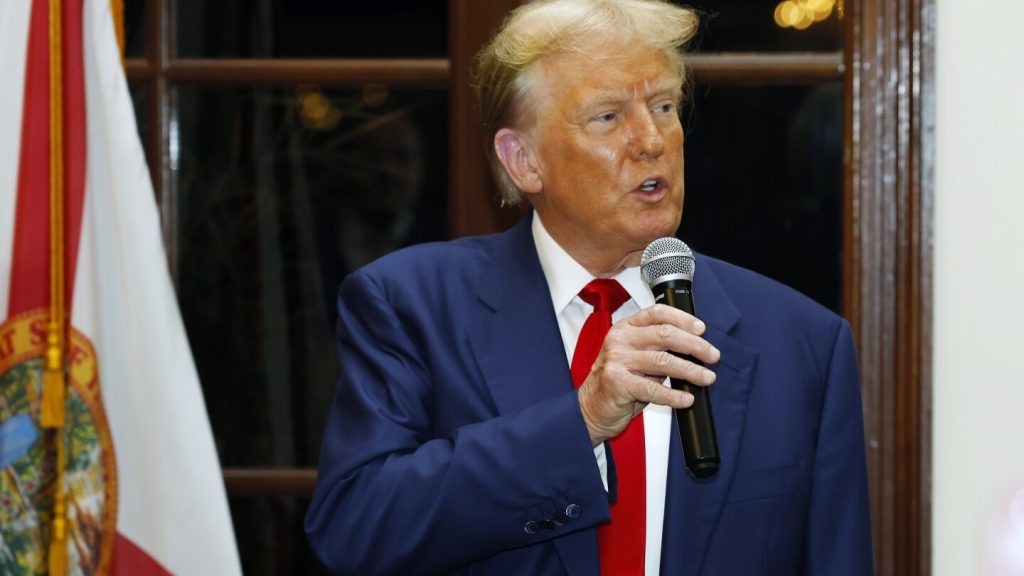Donald Trump posted a $175 million bond in his New York civil fraud case to halt the collection of the over $454 million he owes and prevent the state from seizing his assets while he appeals. The bond serves as a placeholder, guaranteeing payment if the judgment is upheld, and if Trump wins, he will get back the money. The New York Attorney General, Letitia James, had planned to initiate collection efforts before the appellate court intervened to lower the required bond, which was deemed unrealistic by Trump’s lawyers.
The bond was underwritten by Knight Specialty Insurance, with both cash and bonds used as collateral. The chairman of the company, Don Hankey, stated that they were happy to provide the bond and had never met or spoken with Trump. Trump is working to overturn a judge’s finding that he lied about his wealth to obtain loans and deals, with the appeals court set to hear arguments in September, just weeks before the presidential race. Filing an appeal generally doesn’t delay enforcement, but obtaining a bond does, leading to the current situation.
Trump’s legal troubles have affected his cash reserves, with recent debts requiring him to pay large sums. In addition to the New York case, Trump has paid over $97 million to cover money owed to writer E. Jean Carroll. Trump has faced various legal battles, including paying legal fees to The New York Times and a company he sued unsuccessfully. Trump’s ownership of nearly 60% of stock in his social media company, Trump Media & Technology Group, could potentially generate cash in the future, but a “lock-up” provision prevents insiders from selling their shares for six months.
The trial focused on how Trump’s assets were valued in financial statements provided to lenders and insurers, with Trump denying any wrongdoing and stating that the statements undervalued his assets. The Appellate Division of New York’s courts is scheduled to hear arguments in September regarding the case. Trump’s lawyers had faced challenges finding bonding companies willing to accept a mix of cash and real estate as collateral for the required bond amount. Trump’s legal fees and debts have impacted his cash reserves, with potential avenues for generating cash in the future through his ownership of stock in his social media company, subject to a lock-up provision.
Recently, Trump has had to pay legal fees and debts in various legal battles, including the case with writer E. Jean Carroll and failed lawsuits against The New York Times and a company related to the Steele dossier. Though Trump has claimed to have substantial cash reserves and assets, his recent legal obligations have put a dent in his finances. The post-trial proceedings and appeals in the New York case continue, with Trump working to overturn the judgment against him while navigating the financial implications of his legal battles.


